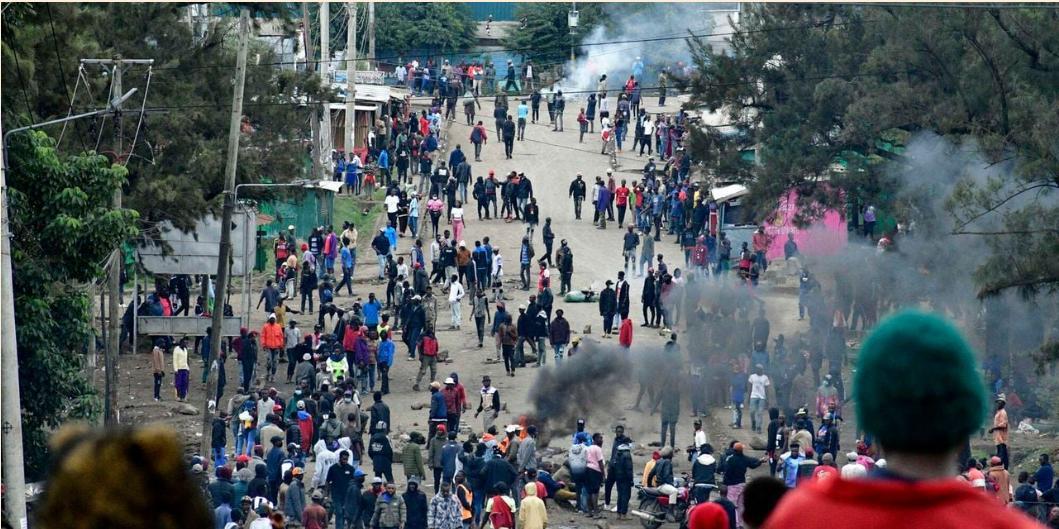By
MORRIS MAKABE
Africa-Press – Tanzania. The celebration of the World Youth Skills Day today comes at a time when there is widespread concern over the fate of young people, especially in Africa, a continent hailed for its great potential, but one that has failed to translate that into wealth and socio-economic development.
One of its greatest resource, young people, has remained underutilised, untapped and to a largely extent, unutilised. It is this frustration that has led to growing protests, unrest and high rates of crime.
There were recent demonstrations in Nigeria in 2024 under President Bola Tinubu over the high costs of living where tens of thousands of young people took to the streets.
Before this, in July, Ugandans also gathered in Kampala to protest over corruption and demanded the sacking of some government officials.
Besides this, a few kilometres away in Lome, Togo, thousands demonstrated to protest the indefinite rule of President Faure Gnassingbe, who has been in power since 2005, after succeeding his father, who ruled for 38 years.
Demonstrations in Kenya last year on June 25 against the controversial Finance Bill 2024 led to the death of several youth, according to Amnesty International. A commemoration, this year, of those who lost lives in the demonstrations led to further deaths.
Besides this, other demonstrations on July 7, marking the 35th anniversary of the 1990 Saba Saba demonstrations, led to 38 dead, according to a statement by the Kenya National Commission on Human Rights (KNCHR).
The clarion call in these demonstrations is better governance and an enabling environment that will ultimately lead to improved socio-economic opportunities.
Without a change in this, the situation might continue worsening as youth in most countries in the global south continue to face insurmountable challenges, including high unemployment, insufficient job opportunities and an ever-increasing limited access to quality education.
Read: Democratising AI: New dawn of opportunity in Africa
Themed ‘Youth empowerment through AI and digital skills’, July 15, 2025 marks the 10th anniversary since World Youth Skills Day was established, reminding us that more needs to be done.
What then must be done? There is a need to shift from traditionally focused and irrelevant skills-based training that empowered economies in the old days.
As the 4th Industrial Revolution continues to reshape economies, forward-thinking countries must strategically position their youth in Artificial Intelligence (AI) and digital spaces.
Because of the recent events where youths have mobilised on social media, most governments have perceived digital spaces and AI as an enemy, often curtailing their advancements.
However, it is critical to note that whether we like it not the world has already shifted to AI and digitalisation. These spaces are creating more millionaires and billionaires than ever and creating jobs for many young people. There is only a need for enabling policies and laws that support their favourable growth.
Thus, let universities and technical and vocational education and training (TVET) colleges shift their focus to these future-ready skills.
Other careers in agriculture, finance, communication and others must be taught with the focus of integrating AI and digital skills; otherwise, they will be pushing young people further behind as the rest of the world moves ahead.
If African countries like Kenya are to harness their full potential, capitalising on their youthful population, they must embrace artificial intelligence and align with the ever-changing digital age.
businessdailyafrica
For More News And Analysis About Tanzania Follow Africa-Press







